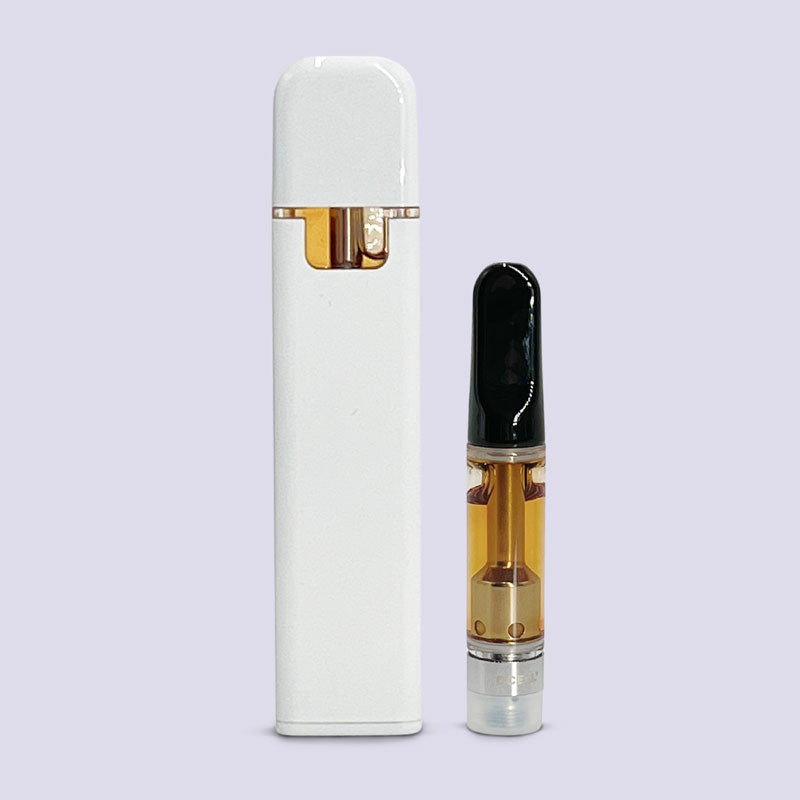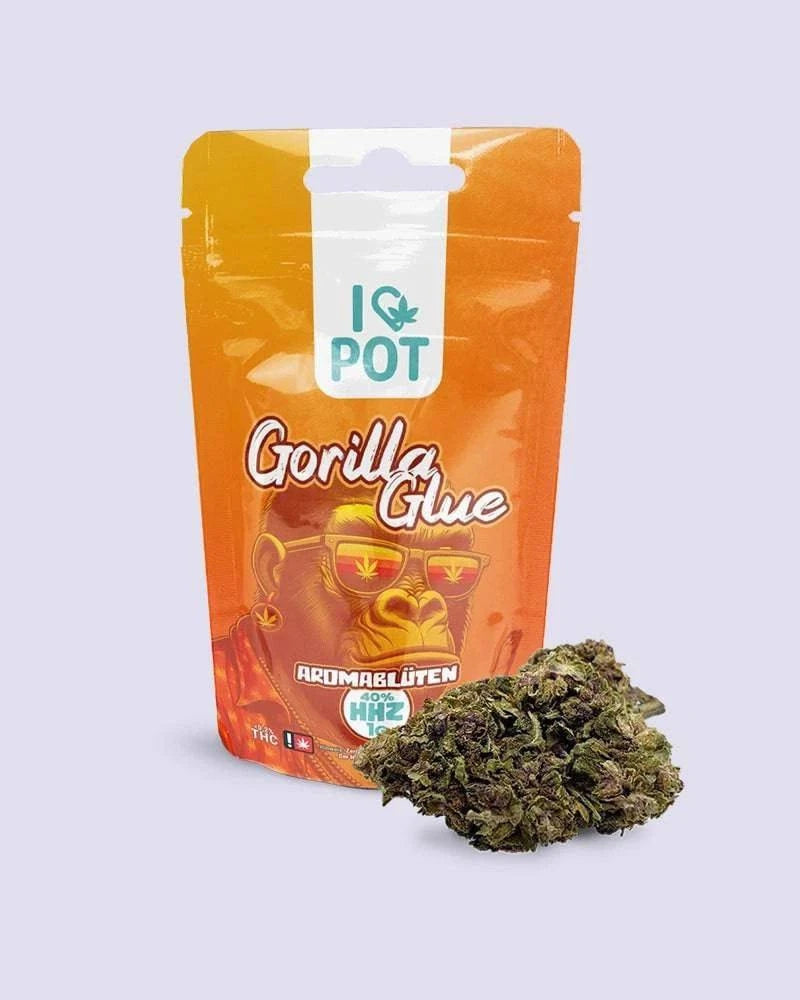
Cannabis prescription tips – what you should know
Many people wonder when and how to get a prescription for cannabis in Germany – and what they need to keep in mind. Doctors are generally allowed to prescribe cannabis if other treatments have not been sufficiently effective and the symptoms are severe or chronic. The application is submitted through the health insurance company, which decides whether to cover the costs.
For this to work, thorough preparation is required. Doctors must justify why cannabis makes medical sense, and patients should be able to provide evidence of their previous treatments. Complete documentation, clear documentation, and patience are particularly important, as many applications are reviewed first or requested later.
When can you get cannabis on prescription?
Whether cannabis can be prescribed is always decided by the treating physician. There is no fixed list of conditions for which a prescription is automatically issued. Instead, it is assessed whether other therapies have not been sufficiently effective and whether cannabis could be considered as a possible complement.
As a rule, medical cannabis can be prescribed if
- there is a serious or chronic illness,
- other medications have not shown the desired effect,
- it is expected that cannabis can alleviate the symptoms,
- and there are no medical reasons against it.
Common examples include chronic pain, spasticity in multiple sclerosis, loss of appetite in cancer patients, or certain neurological diseases.
An application can also be made in the case of sleep disorders or anxiety disorders, although the decision is always made on an individual basis.
Prescription cannabis therefore remains a case-by-case decision. Doctors must document each case and provide detailed reasons why cannabis might be medically beneficial.
Tips for the application
Anyone wishing to apply for a cannabis prescription should be aware that the process involves several steps and requires some patience. Many applications fail not because the diagnosis is incorrect, but because documents are missing or the reasons given are unclear. With good preparation, the chances of your application being approved increase.
This is how the process normally works:
- Doctor's consultation: Talk openly with your doctor about your symptoms and previous treatments. It's important to mention all the therapies you've tried and how they worked.
- Documentation: Doctors must provide evidence that other medications or treatments have not been sufficient. Therefore, please bring any existing doctor's letters, medication lists, or treatment reports.
- Prescription: If your doctor is convinced that cannabis could be beneficial, a special narcotic prescription will be issued. This allows cannabis to be dispensed at the pharmacy.
- Application to the health insurance company: Coverage is not automatic. Your doctor will submit the application with you, which the health insurance company will review. They may request additional documentation or justification before making a decision.
A quick tip: Stay patient and follow up regularly if your application is delayed. Depending on the insurance company, processing can take several weeks, especially if follow-up questions are raised.
Tips for the doctor's consultation
The conversation with your doctor is the most important part when it comes to prescription cannabis. Many people aren't quite sure how to approach the topic beforehand—and this is precisely where misunderstandings often arise. It's not about convincing your doctor, but rather about working together to determine whether cannabis might make sense in your situation.
A few things that can help you during the conversation:
- Preparation makes it easier. Write down beforehand what symptoms you have, how long they've lasted, and what you've tried so far.
- Be honest about your experiences. If you've tried other medications or therapies, be open about what worked and what didn't.
- Stay calm and objective. Some doctors are hesitant about the topic of cannabis. This isn't a judgment on you—often they simply lack experience with it.
- It never hurts to ask questions. Feel free to ask about the effects, dosage, or possible side effects. This shows that you've truly looked into the topic.
- Patience helps. Not every practice prescribes immediately. Sometimes it takes several consultations or additional documentation.
The more open and structured your conversation, the more likely you are to be taken seriously – and that is the best basis for ensuring that your application has a chance in the end.

Costs and reimbursement
Whether the health insurance company covers the costs of prescription cannabis depends on the individual case. There is no automatic entitlement, even if a doctor issues a prescription. Each health insurance company reviews the application individually – and this can sometimes take time.
As a rule, health insurance companies cover the costs if
- there is a serious or chronic illness,
- other therapies have not been sufficiently successful,
- and the doctor provides a good justification for treatment with cannabis.
If these requirements are met, the chances of approval are quite good. Nevertheless, some applications are rejected – often because documents are missing or the justification is too general.
A tip: If you have statutory insurance, it's worth checking with your health insurance provider in advance to find out exactly which documents are required. Those with private insurance often have a bit less bureaucratic hassle, but in many cases, they have to pay the costs themselves first and submit them later.
If you want to be on the safe side, you should keep all doctor's letters, expert opinions, and treatment reports together. This saves time in case the insurance company has any queries.
Avoid common mistakes - apply for cannabis prescription correctly
Many applications for cannabis prescriptions fail not because of the illness itself, but because of minor issues.
Sometimes documents are missing, sometimes the reason is too general or communication between the doctor's office and the health insurance company is ineffective.
A common mistake is giving up too quickly when a query arises or something is unclear. Often, a supplementary letter or an additional expert opinion is enough to get the application approved.
It's equally important to make your medical history transparent. Detailed documentation of previously attempted therapies makes it easier for doctors to justify the benefits of cannabis.
Timing can also play a role. If you're just starting a different treatment or your symptoms are changing, it may be a good idea to submit the application later so your documents are up to date.
In short: diligence helps. A well-prepared application shows that you're seriously considering the topic—and that significantly increases your chances of success.
Cannabis on prescription 2025 - current situation in Germany
Prescription cannabis remains a topic of concern for many in 2025. Since the law was changed in 2017, doctors have been allowed to prescribe medical cannabis if other treatments have not been sufficiently effective. The process has become somewhat clearer in the meantime—but it's still not easy.
In recent years, the attitudes of many physicians have changed significantly. What was once a marginal topic is now increasingly part of everyday practice. There is more continuing education, more empirical evidence, and a growing awareness that cannabis can be a viable option for certain patient groups.
Nevertheless, the path to prescription remains bureaucratic for many patients. The decision still rests with the health insurance companies, and not all applications are approved. Especially for less clear diagnoses, the justification is crucial.
The positive aspect is that there are now more specialized doctors available – including online. Telemedicine services make access easier, especially for people in regions where cannabis therapy has previously been rarely offered.
In short: By 2025, cannabis prescriptions will no longer be an exception, but they won't be a given either . Those who are well prepared, patient, and carefully compile their documents have significantly better chances today than they did a few years ago.
Conclusion
Prescription cannabis will continue to be a topic in 2025 where patience, good preparation, and clear communication are crucial.
The path to recovery is not always easy, but for many people it can be a real opportunity - especially if other therapies have not helped.
It's important to have realistic expectations. A prescription isn't issued automatically, and health insurance companies also carefully check whether all requirements are met. Those who gather their documents properly, speak openly with doctors, and carefully prepare the application significantly increase their chances of success.
And even if it doesn't work the first time, there are always ways to revise the application, get a second opinion, or find new avenues. Prescription cannabis isn't an easy process, but it's one that becomes more realistic step by step—especially for those who stay well-informed and persevere.
FAQs
When can you get cannabis on prescription? +
Cannabis can be prescribed if other therapies have not been sufficiently successful and if a serious or chronic illness is present. The decision is always made by the treating physician, not the health insurance company.
How does the application for cannabis prescription work? +
First, you'll have a detailed consultation with your doctor. The practice then documents all previous treatments and explains why cannabis might be medically beneficial. A claim is then submitted to your health insurance company, which will decide whether to cover the costs.
How long does approval from the health insurance company take? +
Depending on your health insurance provider, processing can take two to six weeks. It may take longer if there are follow-up questions or missing documents. It's worth checking regularly and submitting all documents in full.
How much does prescription cannabis cost? +
If the health insurance company approves the application, the costs are usually covered. Without approval, patients have to pay for the medication themselves, which can cost several hundred euros per month, depending on the product.
Can any doctor prescribe cannabis? +
In principle, yes. No special authorization is required, but many doctors still have little experience with cannabis. Those unsure can specifically search for practices that specialize in cannabis therapy.
What to do if the application is rejected? +
A rejection is not a final no. Within one month, you can file an appeal, submit additional documents, or obtain a second opinion. Many applications are subsequently approved.
Are there alternatives if a prescription is not available? +
Yes, for example, non-psychoactive cannabinoids like CBD products . They are available over the counter and can be a gentle supplement, depending on your needs. However, they are not a substitute for medical treatment.





